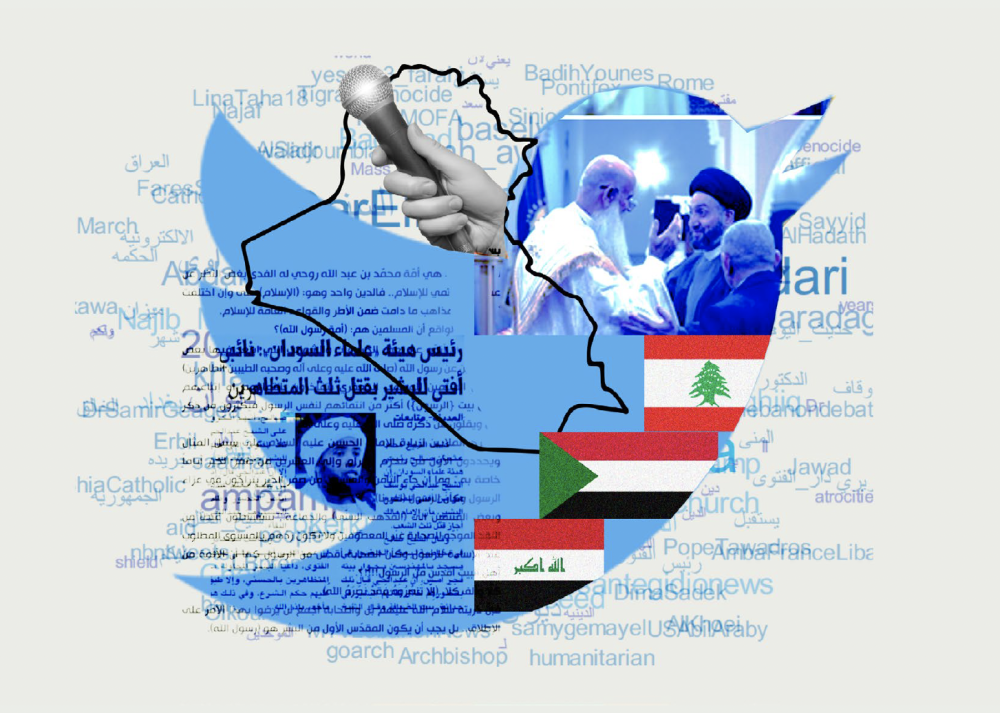
The Middle East and North Africa (MENA) region is well-known for its rich and complex social and cultural landscape, which encompasses a diverse mix of religious groups such as Muslims, Christians (each with their many respective sects), Jews, and other minorities. However, this diversity is often marred by a history of violence and oppression directed towards minorities. Each country in the region has its own approach to handling religious diversity, but conflicts and political instability often complicate matters, making progress towards greater religious tolerance slow.
Iraq, for instance, has a Shia Muslim-majority population with significant Sunni, Christian, Yazidi, and other religious minorities. Since Saddam Hussein’s fall in 2003, the country has been plagued by sectarian discord, with minorities like Christians and Yazidis suffering from violence, and radical Sunni and Shia armed groups tragically clashing at several points of the country’s recent history. Despite a law passed in 2019 to promote religious freedom and defend minorities, the ongoing conflict with ISIS, combined with Iran’s influence and Shia militias, continues to have devastating effects on minorities, who are treated as collateral damage.
In Lebanon, the civil war officially ended in 1990, but sectarianism still runs rampant. The country is currently facing a plethora of crises, including Hezbollah’s growing influence, an economic collapse, crackdowns on freedom of expression, and a scattered opposition. These crises have resulted in heightened tension. Morevoer, the confessional system driving Lebanon’s politics is fueled by clientelism and bolstered by sectarian leaders, with impunity and corruption now the norm. Unfortunately, the plight of marginalized communities has been sidelined in Lebanon’s policy agenda.
Sudan, a predominantly Muslim country, has experienced significant tension and violence in recent years. Following the implementation of Sharia law in 1983, the country fell into a 20-year civil war that saw non-Muslims persecuted. Although the war officially ended in 2005, South Sudan only became independent in 2011. President Omar Al Bashir was ousted in 2019, and a transitional, civilian-led government has been advocating for greater religious freedom in Sudan. Despite this, violations against non-Islamic segments of society continue to be common. The ongoing armed conflict in Khartoum in 2023 between government forces and rival factions makes it difficult to predict the extent of the impact on religious minorities.
Therefore, this study is the closing component of the Internews-led “ENQUIRE” project, in which the Samir Kassir Foundation has spearheaded several activities. The goal is to enhance journalistic and ethical standards in covering sensitive matters involving religious minorities. As each country presents distinct set of circumstances, religious freedom in the MENA region is a highly intricate and multifaceted topic. Apart from the recognizable components such as history, governance, and current events, this study delves into the narratives spread by the most prominent religious authorities in Iraq, Lebanon, and Sudan and, more specifically, into the analysis of language, tone, discourse, and other parameters.